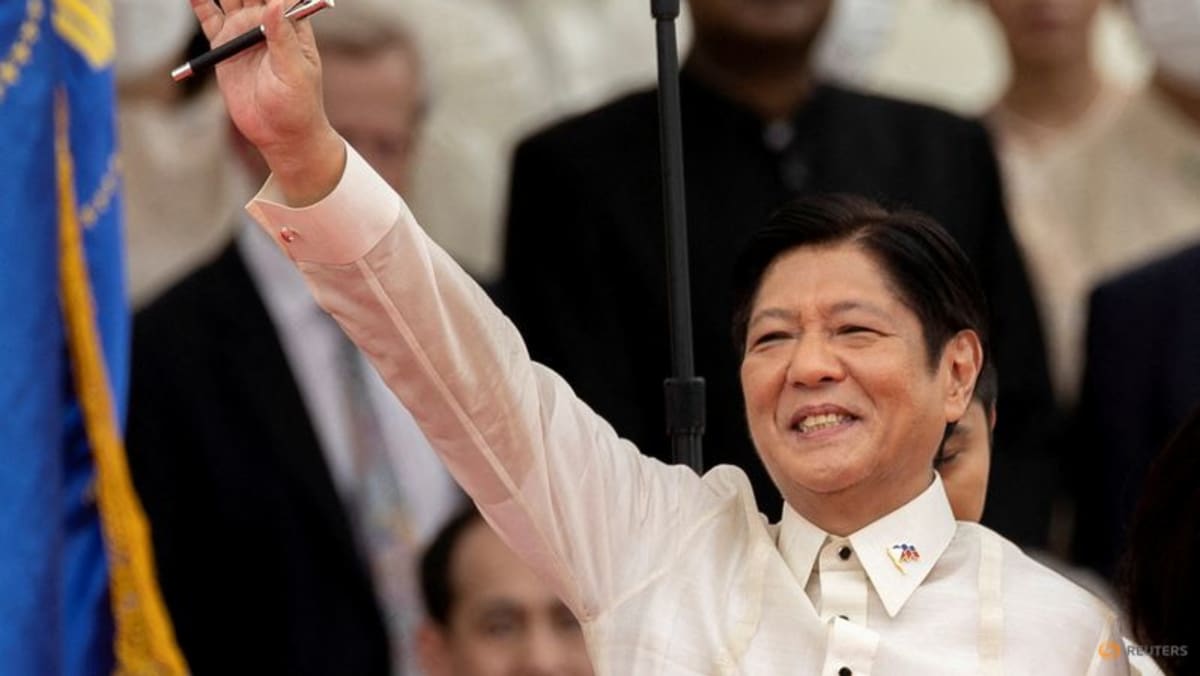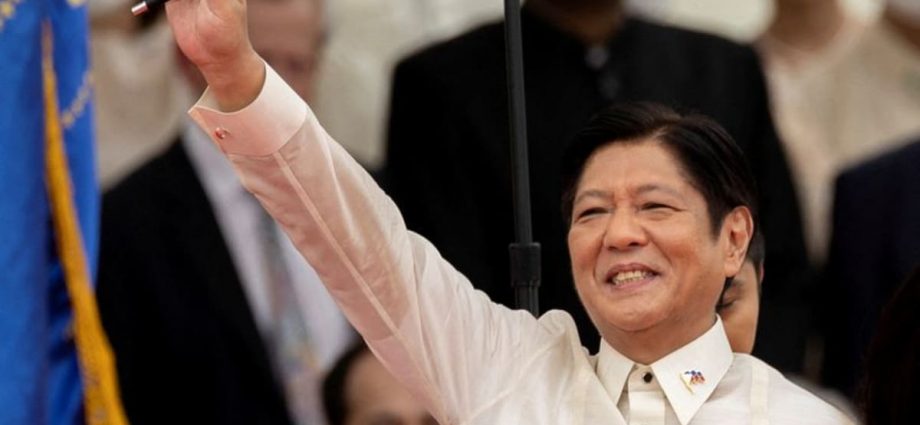
A SELF-SUSTAINING BUSINESS MODEL
The run-up to the presidential election saw a significant increase in the number of pro-Marcos pages, content creators, and posts in various social media platforms – indicating the financial gains to be had in a plainly self-sustaining business model: Marcos partisans consume pro-Marcos content, which financially rewards social media vloggers covering those topics, which pushes such influencers to try to expand their social media reach.
Their posts are a combination of historical distortion, the spread of disinformation narratives, and whitewashing of the dictatorship from 1972 to 1986. These posts targeted people’s emotions and were designed to solicit strong reactions that would further drive engagements.
More novel, however, is the “celebrification” of the Marcoses on social media. Vlogs continuously feed to the public the family’s personal stories, daily lives and “unfiltered” personalities – an approach that is not disinformation per se, and therefore evades fact-checking initiatives.
The Marcoses’ venture into “lifestyle” vlogging is aided by their now unmitigated access to high profile politicians, foreign heads of state, and international events which undoubtedly make for fascinating “original content” as claimed by influencers.
The Marcos family’s social media strategy has gone beyond disinformation and ventured into influence operations. Efforts to counter these posts have had little effect, which suggests that the social media landscape itself has changed and that the emphasis of the opposition on “fake news” is becoming akin to fighting yesterday’s war.
Marcos Jr won the election with more than 31 million votes. Months after the most divisive elections to date, trending initiatives on social media continued to reflect the polarisation that was present during the campaign, as seen in the calls to boycott brands and personalities associated with the Marcoses.

